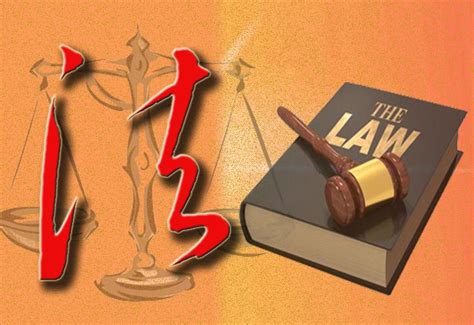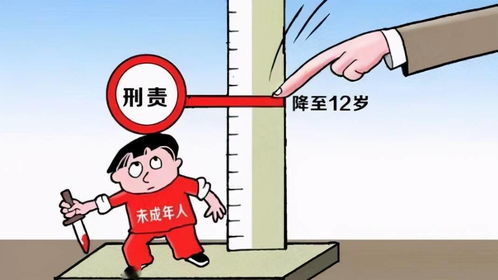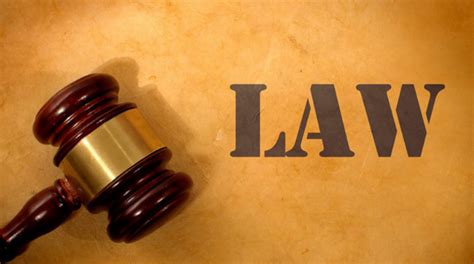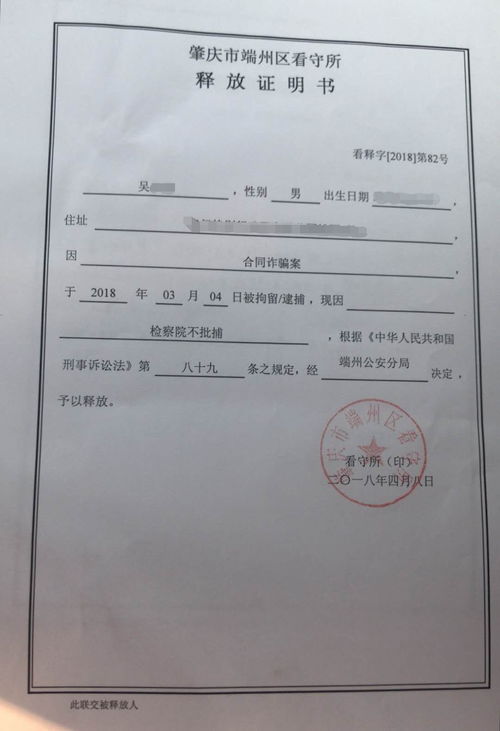Title: Understanding Fireworks Regulations: A Legal Guide
Fireworks, with their mesmerizing displays of light and sound, captivate audiences worldwide. However, their beauty comes with inherent risks, prompting governments to enact stringent regulations to ensure public safety. In this guide, we'll delve into the legal landscape surrounding fireworks displays, highlighting key laws and regulations.
Organizing a fireworks display typically necessitates obtaining various permits and licenses. These requirements vary by jurisdiction but often involve obtaining permits from local authorities, fire departments, and sometimes state or federal agencies. Failure to secure the necessary permits can result in hefty fines and legal repercussions.
Ensuring the safety of both spectators and operators is paramount in fireworks displays. Regulations often dictate factors such as the minimum distance between the launch site and spectators, proper storage and handling of fireworks, and the presence of trained personnel to oversee the event. Compliance with safety standards not only prevents accidents but also mitigates legal liability in the event of mishaps.

Fireworks displays can have environmental impacts, particularly concerning noise pollution and chemical residues. Some jurisdictions have specific regulations addressing these concerns, such as limiting the use of certain types of fireworks or imposing noise level restrictions. Adhering to these regulations helps minimize environmental harm and fosters sustainable fireworks practices.
Many countries impose restrictions on the sale and use of fireworks to prevent misuse and accidents. These restrictions may include age limits for purchasers, designated periods for fireworks sales, and prohibitions on certain types of fireworks deemed too hazardous for public use. Adhering to these regulations is crucial for retailers and individuals alike to avoid legal consequences.
Event organizers and fireworks display operators often need to secure liability insurance to protect against potential accidents or property damage. Insurance requirements may vary depending on the scale of the event and local regulations. Understanding and fulfilling insurance obligations is essential for safeguarding against financial losses and legal liabilities.
Authorities responsible for enforcing fireworks regulations play a critical role in ensuring compliance and public safety. This may involve conducting inspections, investigating complaints, and issuing fines or penalties for violations. Cooperation with regulatory authorities and adherence to their directives is essential for maintaining legal compliance and preventing disruptions to planned events.
Fireworks displays are a beloved tradition celebrated worldwide, but they come with legal responsibilities to ensure public safety and environmental protection. By understanding and adhering to relevant laws and regulations, event organizers can conduct memorable fireworks displays while minimizing legal risks and fostering a safe and enjoyable experience for all.












评论